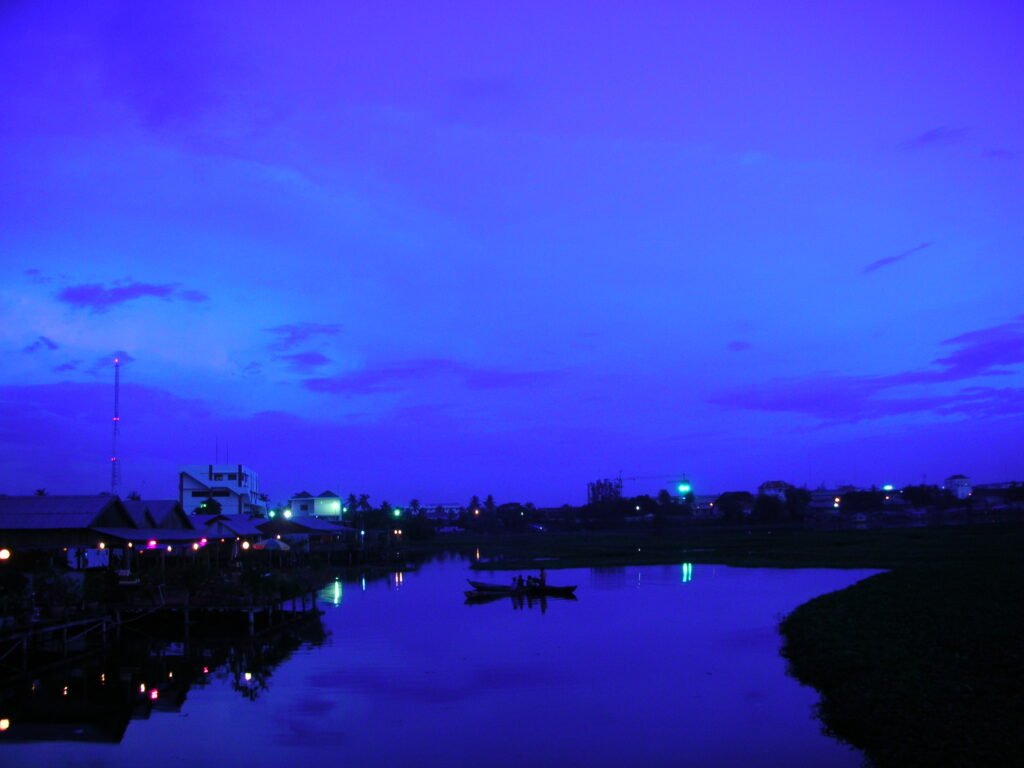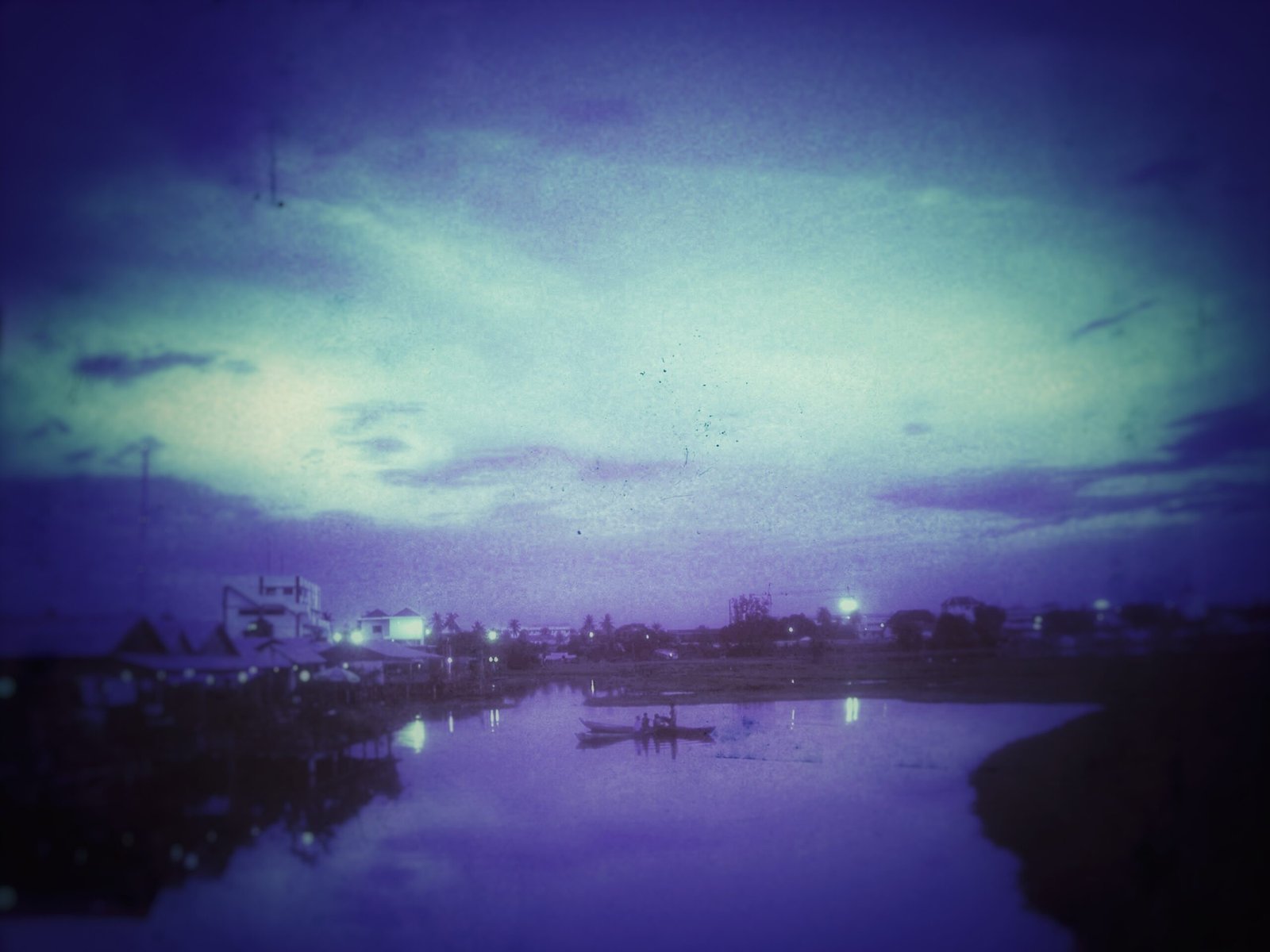A traveller may note, most likely with regret, that the tide of progress has swallowed countless sites of historical, cultural or personal importance. Cambodia is no different, as shown by the loss of perhaps Phnom Penh’s most well-known body of water: Boeung Kak.
Most called it ‘Lakeside’. In the first decade of the 2000s, it was a name widely shared amongst the backpacking community. And all saw it as a budget haven for visitors to Cambodia. There, they could put their feet up and enjoy some local treats, illicit or otherwise. With its large, open-water setting and low-key attitude, this was one of the region’s most iconic locations.

The premise was a simple one. A vast expanse of water in Cambodia’s capital surrounded by bars, guest houses and emporia of the more nocturnal variety. Cheap booze, cheap bars, cheap grass, cheap thrills. Given the relative paucity of sightseeing in Phnom Penh (Editor: I disagree; these are important to visit and try and understand), there was often only one real option. Sit down and soak up the sights, sounds and smells of a thriving nightlife and tourist destination.
Water trip
With psychedelic bars to prop up, like The Magic Sponge, and troops of tuk-tuks, touts and more shady characters patrolling the streets, the area would throb along in a friendly, semi-feral fashion. It stood slightly skewiff to the side of reality.
Read more: Hoàn Kiếm Lake: The Heart of Hanoi’s History
Faceless authority figures hatched plans to fill the lake with concrete. This decision meant the lake’s symbiotic links with generations untold suffered a sudden and terrible demise. Their bonds with the water would be drowned and solidified to appease the whims of a concrete god that many call Progress. And with this end came the climax of a good many stories, now tinged with sadness, attached to the lake.
‘Not so,’ the populace said, more in hope than defiance. ‘This place is an intrinsic link to ourselves.’

Such bravado failed to register with the foul ghoul of change. Belly rumbling with cavernous, monstrous glee, the beast waved its degenerate hand dismissively. The lake, inspiration of countless memories, was no more. In its stead, a desolate plateau; an icon vanquished with nary a whisper.
Welcome to the fall
There were plans afoot for a luxury condominium complex. And in 2010, the first bulldozer moved in. Fast forward a few years and the area became a skeleton of its former self. A strange silence floated over the ruins of demolished homes and vanquished businesses that spoke of a once-thriving community.
A visitor may have experienced the inexplicable and the wonderful in many of the places they have gone. Perhaps they remember their journey to the Ijen Crater in Java, Indonesia – ‘Please close your windows,’ someone said, ‘and be careful of jaguars, snakes and paranormal activity…’ – and consider the spirits they’ve encountered.
Read more: Wat Phu Champasak: The Sleeping Temple in Southern Laos
They may well have witnessed unexpected things, the visitor. But not many, one might bet, would have seen a ghost pool. Not until they reach Phnom Penh, where the husk of Boeung Kak awaits.
But while sorrow lingers, time waits for no thing, as the saying goes. And at the day’s end, the sky still pulsates softly as bountiful shades of blue give way to doleful dark over the now-concrete flatland.
The echoes of endless ghostly chatter, remnants of bygone times, wash over the scene. Countless names and faces have seared themselves into the fabric of this changed place.

In the distance, the visitor may spy the silhouette of a fishing vessel, locked in an eternal loop; the shadows of its crew seem panicked and lost, their angular body language jarring with the peacefully darkening night. Fading sounds of celebration wash over the lake, serenading it with plaintive, mournful tones. The visitor should feel no shame if they choose to turn away. This doomed and unending narrative is too much to bear.
Such is the price of progress in Phnom Penh. The city’s largest wetland, Boeung Kak, is no more. The general hubbub of bars and restaurants on the shore, the tranquillity of the water as fisherfolk went about their business, has been consigned to history.

Leave a Reply